The views expressed in our content reflect individual perspectives and do not represent the authoritative views of the Baha'i Faith.
When we look carefully at the world around us, it quickly becomes obvious that we have created a socially and economically unsustainable global economy, at least beyond the immediate future.
Global systems of production, especially as they have developed over the past centuries since the industrial revolution, are deeply exploitative of both our natural and human resources, which has stretched us beyond the capacity of the planet. But some individuals are building a radical alternative to this reality by applying the spiritual principles for today to economic life.
In the words of the guiding body of the Baha’i Faith, the Universal House of Justice, Baha’is are charged with a unique responsibility in this larger endeavor to:
… learn about how to participate in the material affairs of society in a way that is consistent with the divine precepts and how, in practical terms, collective prosperity can be advanced through justice and generosity, collaboration and mutual assistance.
RELATED: A Luminary of Knowledge for Every Land
However, this growing body of knowledge and experience does not include only Baha’is – it is made up of all those inspired by common spiritual principles to build a more just economy that can sustain humanity beyond the present day.
I was reminded of this when I first came across Land + Object , a small business enterprise that manufactures and sells ethically-sourced clothing, and was amazed by how the brand’s message deeply resonated with Baha’i values and was in perfect alignment with the focus of this series. In particular, Baha’i principles of global unity and identity, trusteeship, and harmony with the natural environment, and empowerment of indigenous communities seem to take a forefront in the enterprise. Upon meeting the company’s founder Sheyenne Sky, I could not have been more surprised to learn that, though not a Baha’i herself, she has been influenced in her life by Baha’i values shared with her by a good friend from her youth, and in turn inspired to explore her own Diné spiritual heritage as the basis for her brand.
Sheyenne currently lives in Santa Fe, New Mexico on Tewa lands where I first came across her brand, but her life experiences have led her to identify as a global citizen, growing up among multiple cultures and living for a number of years from childhood through adulthood in Mongolia. Her sense of global citizenship and Diné heritage inspired her to create a brand drawing on what she saw as commonalities between indigenous cultures in Mongolia and at home. Land + Object is thus rooted in indigenous knowledge and spiritual values to produce ethically sourced and manufactured camel hair socks from the Mongolian steppes.
I spoke with Sheyenne about the principles that inspired Land + Object and the way she has built her brand.
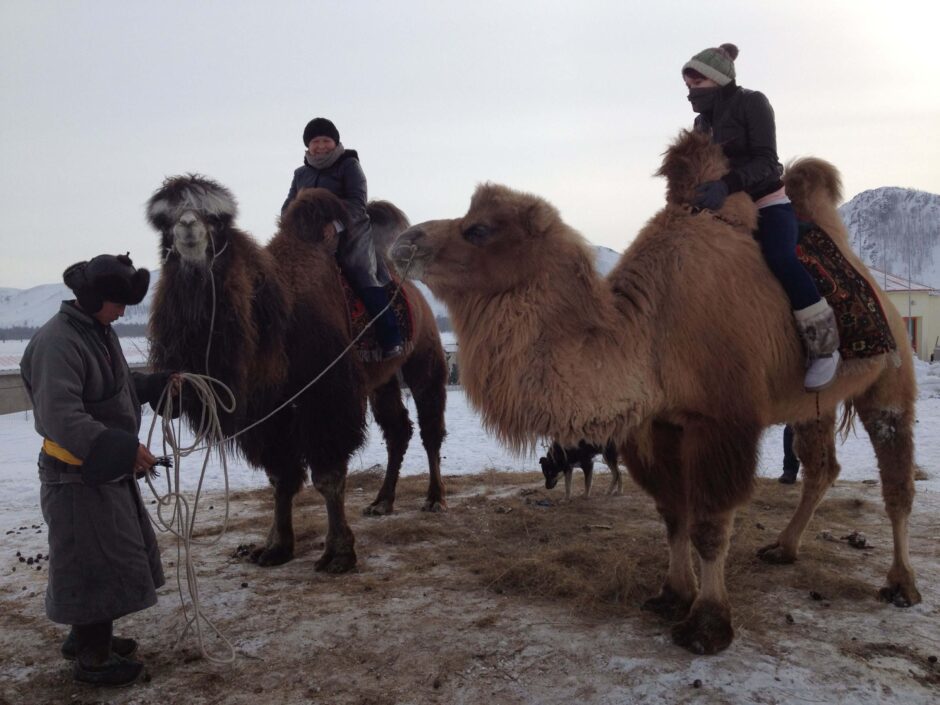
Q: Sheyenne, how did your life experiences abroad ultimately inspire you to start Land + Object?
A: I grew up living in five different countries. I first moved from Gallup, New Mexico, which is a tiny town, to Indonesia when I was seven, then from there moved to Colombia, Zambia, Alabama, and Mongolia. I was always in international schools and what I noticed as I was growing up is how our schools would be so diverse in culture, yet we all got along. I had friend groups with six different countries represented. It really gave me a vision for the way that the world could be, and that’s how I ended up with the term “global citizenship: feeling at home in the world.” This was a major inspiration behind Land + Object.
I also spent most of my years growing up in Mongolia, and everything I learned really got me thinking about my greater motivations. A lot of my friends in Mongolia had parents who were business owners, and what I learned from my friend’s parents was how you can empower people through business.
Why would you choose the path of just benefiting yourself when there are so many people who are in need?
So for me personally I knew through a family friend that there was this huge factory that was all female-led and they produced textiles, rugs, and also knitwear, and I was interested in working with them to help them to tell their story – and really get the idea of Indigenous manufacturing off the ground. When explaining to them my vision for ethical manufacturing, they particularly resonated with the animal welfare aspect of it as they deeply care about the animals that they work with. I just saw so much synergy in our visions and that really started the inspiration for the entire project which I now can see extend beyond textiles and knitwear.
Q: How interesting. That makes me think of this quote from Baha’u’llah: “The Great Being saith: Blessed and happy is he that ariseth to promote the best interests of the peoples and kindreds of the earth … The earth is but one country, and mankind its citizens.” So, what was the vision you had when you first started collaborating with the factory in Mongolia to create Land + Object?
A: In the initial stages, I knew that I wanted to talk about this idea of global citizenship and promote the idea that we can empower each other as Indigenous people by recognizing and acknowledging these symbiotic relationships that we’ve had for thousands of years between people, land, and animal – while we can use modern technology. I realized we can all empower each other to use the tools and leverage this incredible history that each individual culture has, and work together in order to figure out how to tell these stories from an Indigenous perspective. That was the motivation and the first steps.
So for me personally, because it was all difficult to articulate in the beginning, I had to look within and find the motivation for why I was doing any of this. I read a lot of books about Navajo philosophy and Diné spirituality, and it really resonated with the fact that we have always synthesized new information and embodied it in our own way. We recognize that the world is going to change, historically at a macro scale we have been very successful at integrating new ways of thinking into our culture.
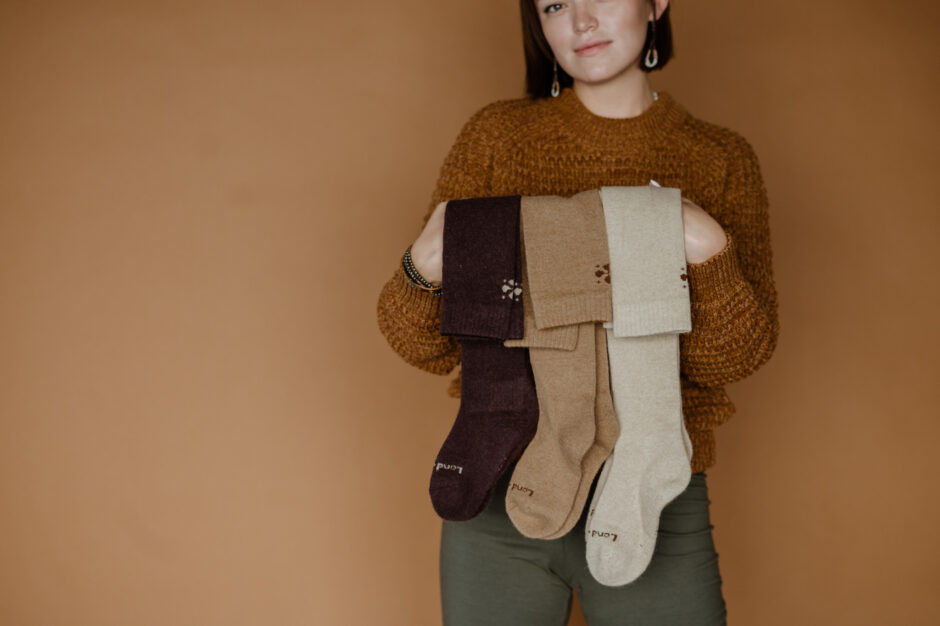
Q: How does this all look when applied to the manufacturing process of Land + Object?
A: For my product specifically, every level of the manufacturing process is Indigenous-led and Indigenous-run. So at the very beginning you have camels and herders in Mongolia, and those kinds of relationships have been developing for thousands of years. The relationship between those herders and the factory that I work with has been developing for at least 35 years. Then the wool gets harvested and taken to the factory, where it’s all processed by Mongolian people. So at every level it is paying it forward to the herders and the people in Mongolia, who then benefit from more manufacturing and greater exposure. Then the final product is sent to me in New Mexico and I hand-package it and send it out.
Q: It’s interesting that not only do you draw from Indigenous knowledge, but you are influenced by Diné spiritual values in the way you run your business. How do you bring those together?
A: I think in the motivation for the business, spiritual values are very strong, and in the execution, I try to embody the Diné values of hózhó – peace, balance, beauty, and harmony. Applying those values is something that I do in business; so for example, if it’s a collaboration that comes forward that I don’t feel quite right about it, while it might be economically important for my brand, I really feel like I have the power to decide: Does this resonate with my values or not, and then make decisions based on that. So I take a lot of pride in doing that, and I try to express all of these thoughts through my newsletter, which has become more reflective on the experience of running Land + Object and how these values come about in my life.
Q: It is becoming more and more obvious that current production systems in our world are unsustainable, especially in the clothing and fashion industries. What do you see as the role of Indigenous knowledge and these balanced, symbiotic relationships with nature in the future?
A: I think that they are going to be seen as an incredibly valuable resource that we have been ignoring and depleting for generations, and maybe even actively sabotaging and working against. It comes down to the fact that a lot of Indigenous people have not written down all of this information because it comes in a flow. Imagine reading a manual about camel herding; the average person is not going to do that. So these stories are only passed down verbally to the extent that we can even pass them down at all. Right now, for me, that’s fashion – and I think that’s a logical place for me to have my roots cause I went to fashion school.
But ultimately, I think that these relationships are what’s going to drive my business moving forward and I would hope that happens all around the world in every single business. They should have some knowledge and understanding of the land that they are on, the resources they use, and the people they hire. Indigenous people aren’t only from North America, they are worldwide.
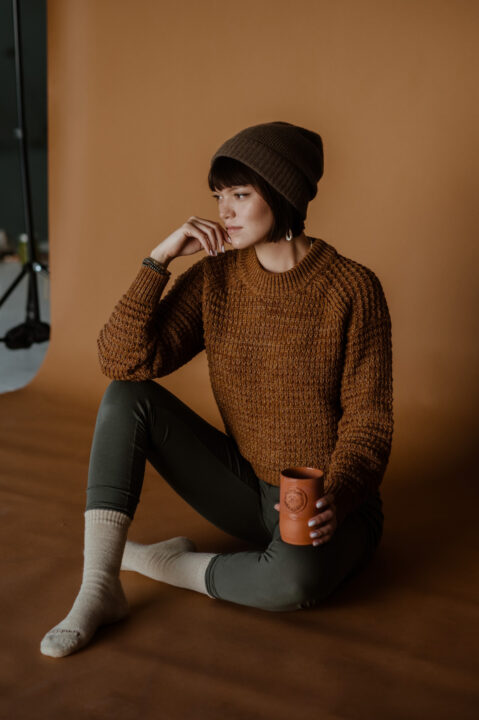
Q: Thank you Sheyenne for sharing about the inspiring steps you’re taking with Land + Object!
In a world where globalization has generally meant the development of global supply chains that harm people and the planet, the approach of Land + Object follows an alternative path: to apply the principle of global citizenship to embrace and empower existing Indigenous systems of knowledge and production while applying modern technology. This resonates with the learnings of Hugh Locke, which we explored in a previous article, as he discussed how the agricultural model developed by the Smallholder Farmers Alliance fuses these two elements. For Sheyenne, using Indigenous knowledge to live in balance with the environment is instrumental, and better yet, according to her “Knowledge is a resource we can’t deplete, we can only share it.”
RELATED: Wesakechak, the Cree Sacred Lawgiver and Trickster
As we look to where this is being practiced, Sheyenne is working on bringing together a global network of indigenous business owners that are leveraging indigenous knowledge of land-based sustainability approaches. She points to her manufacturer in Mongolia, Erdenet Cashmere, as a primary example, combining Indigenous knowledge and sustainable technology. Sheyenne also mentions Trickster Company, an Alaska-based, family-run indigenous art, fashion, and design firm as embodying Indigenous values from design to end-product, and Beyond Buckskin as another resource for Indigenous fashion and design. As Land + Object continues to grow, it may also serve as an exemplary model – Sheyenne hinted at more exciting things in store with a new winter knitwear collection just released on October 25th and currently available on their website, and a summer collection currently in development for next year.
These endeavors remind us of our shared, global responsibility in building a model of industry that will sustain us far beyond the immediate future. It will take insight and initiative from all peoples, and especially from the Indigenous groups whose knowledge and relationships with the land have been built over thousands of years. At the core of this process is a common set of principles centered on unity and shared among all spiritual backgrounds which can guide us in our journey to build a better economy together.


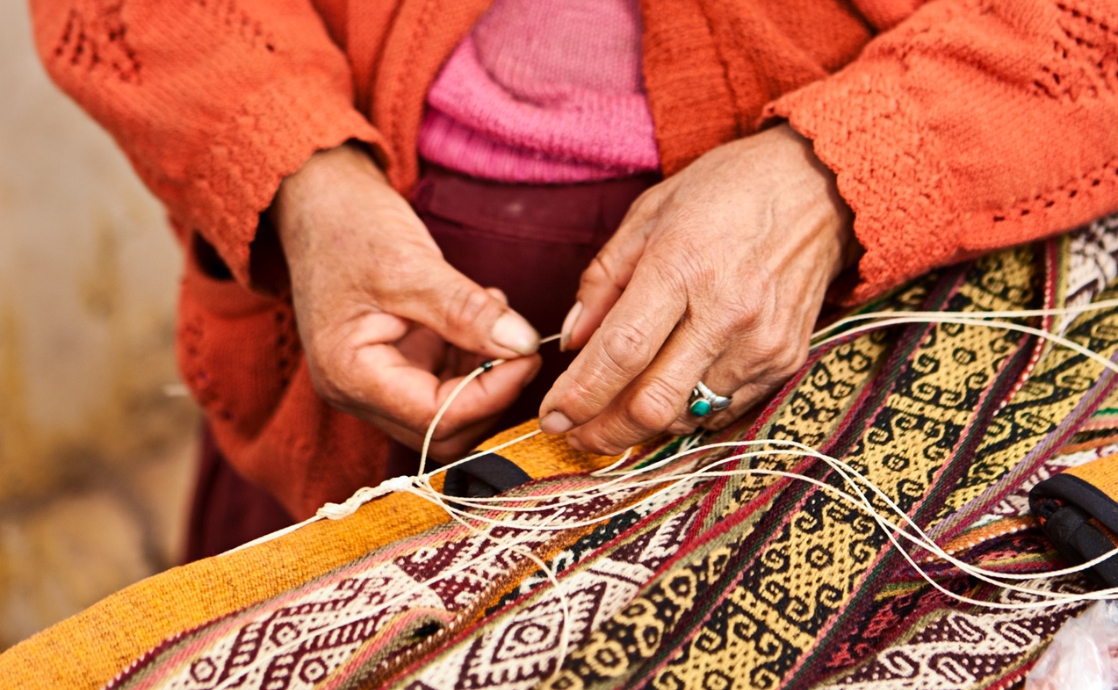


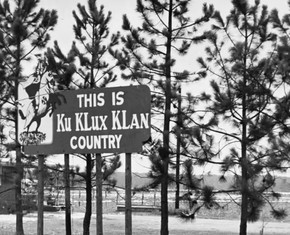
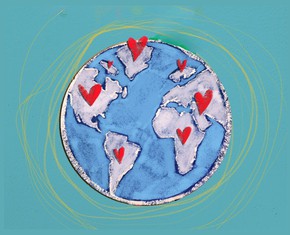









Comments
Sign in or create an account
Continue with Googleor